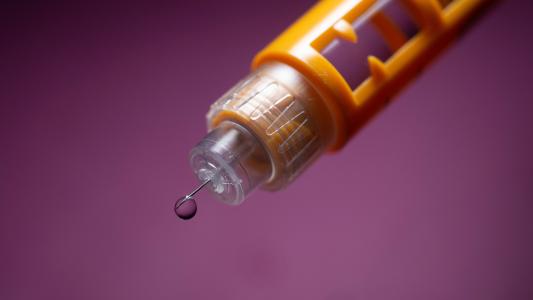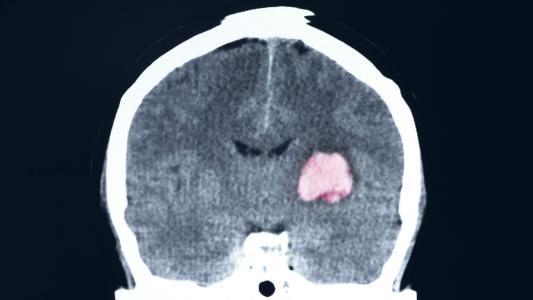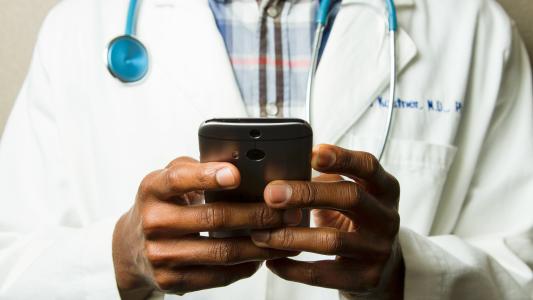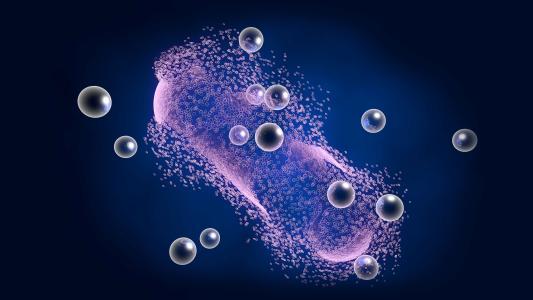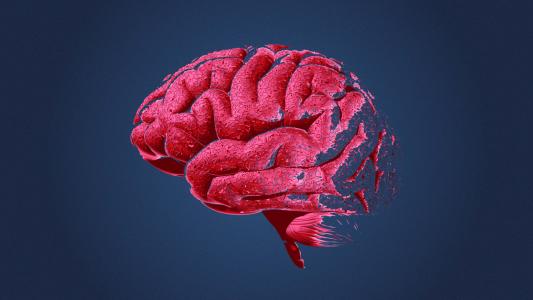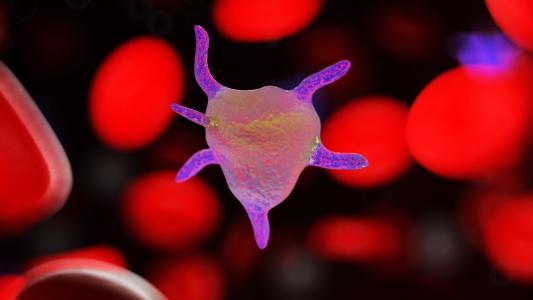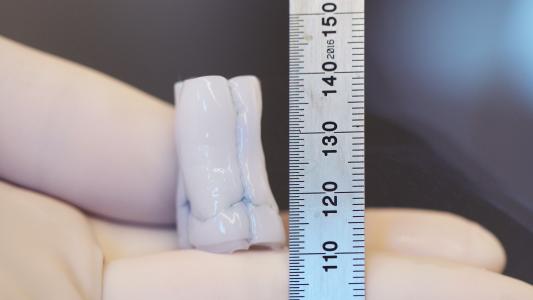Medicine
Weekly insulin shots may be “game-changer” for diabetes
Daily insulin injections can be burdensome and stigmatized. New clinical trials suggest a weekly insulin regimen can work just as well.
A modified herpes virus can fight brain cancer in children
In a small clinical trial, using herpes viruses modified to only infect tumors — oncolytic virus therapy — more than doubled the life expectancy of children with aggressive brain tumors.
Inhaled asthma drug accelerates COVID-19 recovery at home
Budesonide — a cheap, inhaled asthma drug that can be self-administered — appears to shorten at-risk COVID-19 patients’ recovery times.
Phone cameras can now measure your pulse and breathing
A team of researchers has developed an algorithm to measure pulse and respiration rate during a telehealth appointment using your device’s camera.
New oral insulin tech replaces needles with nanoparticles
If the success of a new oral insulin delivery system in rats translates to people, it could entice more diabetics to pursue insulin therapy.
Penn scientists correct genetic blindness with a single injection into the eye
Antisense oligonucleotide therapy uses small molecules to alter RNA. Researchers have now used those molecules to alleviate a genetic form of blindness.
Nobel prize-winning chemist helps invent synthetic mucus
Mucins, the long proteins in mucus, have an array of bacteria-fighting properties. These artificial mucins can act like the real thing.
Injectable “glue” helps heal traumatic brain injury in rats
By injecting a “brain glue” into rats, researchers were able to speed up their recovery after a traumatic brain injury.
New cancer treatment uses “hot blood cells” to target tumors
A new cancer treatment combining immunotherapy, photothermal therapy, and modified blood cells was highly effective in mice.
Scientists have created a heart valve implant that grows
Children may have heart valve replacement surgery 5 or more times. A lab-grown, growing valve may change that in the future.
